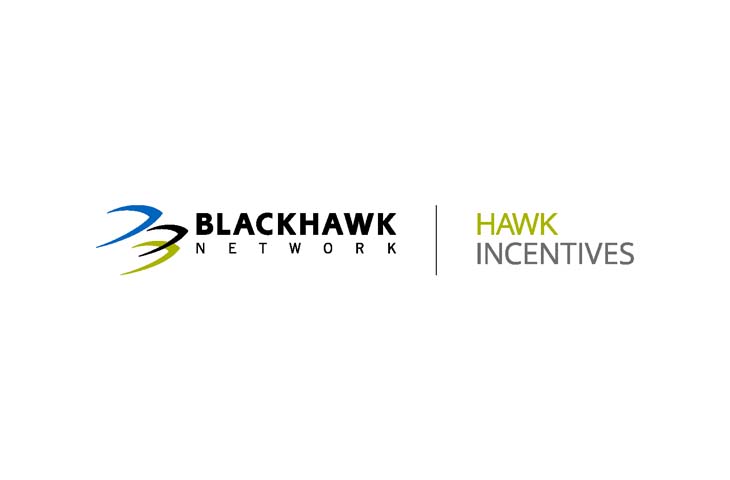Lewisville, Texas – May 30, 2018 – New research* commissioned by Hawk Incentives, a Blackhawk Network business that provides rewards and incentives solutions, finds that the millennials surveyed now belong to more loyalty programs than the older respondents. The survey, which focused on consumer preferences for loyalty programs, also found that the millennials surveyed appear to be driving consumer preference for prepaid and gift card rewards in loyalty programs.
“As shopper habits have evolved and the world has become increasingly digitized, there has been a lot of discussion on the staying power of loyalty programs. This research demonstrates that loyalty programs and modern reward options have kept up with consumer trends and continue to appeal to younger generations,” said Theresa McEndree, vice president of marketing, Hawk Incentives. “Our research also indicates that businesses designing loyalty programs with millennials in mind will benefit from offering an array of prepaid and gift card rewards, in both physical and digital options.”
The research findings were based on a survey of more than 1,500 American adults, including 645 millennials, on their preference and attitudes toward loyalty programs across a range of categories, including retail, airline, hotel, food & beverage, online retail, bank, gym, telecom and utility. Key findings include:
Millennials belong to more loyalty programs and are more active in them: As a whole, the respondents surveyed belong to 6.2 loyalty programs on average; millennials belong to 6.5. Additionally, as a whole, respondents report that of the loyalty programs they participate in, they are active in 3.9 programs, on average. Millennial respondents report being active in an average of 4.2 programs.
Cards are favored for rewards: When considering a variety of loyalty program rewards, some type of card (be it gift or prepaid, physical or digital) keeps younger audiences engaged in a loyalty program or would encourage them to sign up for a new one. Fifty-five percent of millennial respondents report some type of reward card would keep them most engaged, versus just 47 percent of baby boomer respondents. Additionally, 82 percent of millennial respondents would be interested in redeeming loyalty points for a gift card or prepaid reward card. Lastly, millennial respondents are more likely to prefer to redeem loyalty points for a prepaid card than any other generation.
Millennials are more likely to pick digital options as rewards: While 56 percent of millennial respondents say it doesn’t matter whether they receive a digital or physical reward, 65 percent prefer digitals rewards, versus only 45 percent of boomers. Additionally, millennial respondents are most likely to prefer a digital reward in the airline, retailer and gym categories.
Millennials are more likely to belong to online retailer and food & beverage loyalty programs: Membership to an online retailer’s program is more likely among millennials than any other age group; 41 percent of millennial respondents belong to an online retailer loyalty program, versus just 29 percent of Gen X and 25 percent of boomer respondents. Millennials are also more likely to belong to a food & beverage loyalty program than boomers (46 percent versus 36 percent of respondents, respectively). Millennials are less likely than the other generations to be members of airline and hotel loyalty programs.
Download the infographic for more details.
